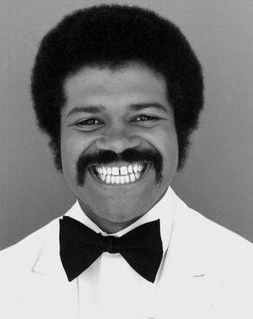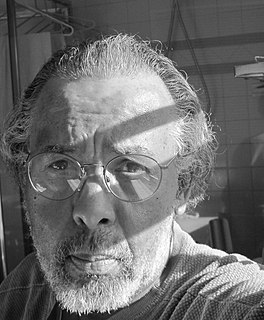A Quote by Ben Kingsley
Shakespeare villains were extraordinary. Macbeth, Iago, Richard III... They're so richly layered that a British actor would find it almost impossible to create a two-dimensional villain, if he's explored in his early years or continues to explore his Shakespearean heritage. You can almost not judge them, if they're played really well.
Related Quotes
I went to a Jesuit school and they did a William Shakespeare play every year. I got to know Shakespeare as parts I wanted to play. I missed out on playing Ophelia - it was an all-boys school. The younger boys used to play the girls, I played Lady Anne in Richard III and Lady Macbeth, then Richard II and Malvolio. I just became a complete Shakespeare nut, really.
A couple of clues came my way of what I might be getting myself into when I sat down with a number of actors who had played Richard III in the past. And I was hoping of course, that one of them or all of them were gonna give me the magic key, the secret way in to play Richard III but none of them did that.But every one of them did say the following, "Be careful."
All the unimaginative assholes in the world who imagine that Shakespeare couldn't have written Shakespeare because it was impossible from what we know about Shakespeare of Stratford that such a man would have had the experience to imagine such things - well, this denies the very thing that separates Shakespeare from almost every other writer in the world: an imagination that is untouchable and nonstop.
We are in the society of the teacher-judge, the doctor-judge, the educator-judge, the 'social-worker'-judge; it is on them that the universal reign of the normative is based; and each individual, wherever he may find himself, subjects to it his body, his gestures, his behavior, his aptitudes, his achievements.
I think the black man in America wants to be recognized as a human being; and it's almost impossible for one who has enslaved another to bring himself to accept the person who used to pull his plow, who used to be an animal, subhuman, who used to be considered as such by him-it's almost impossible for that person in his right mind to accept that person as his equal.
There should be a law that no ordinary newspaper should be allowed to write about art. The harm they do by their foolish and random writing it would be impossible to overestimate--not to the artist but to the public.... Without them we would judge a man simply by his work; but at present the newspapers are trying hard to induce the public to judge a sculptor, for instance, never by his statues but by the way he treats his wife; a painter by the amount of his income and a poet by the colour of his necktie.


































